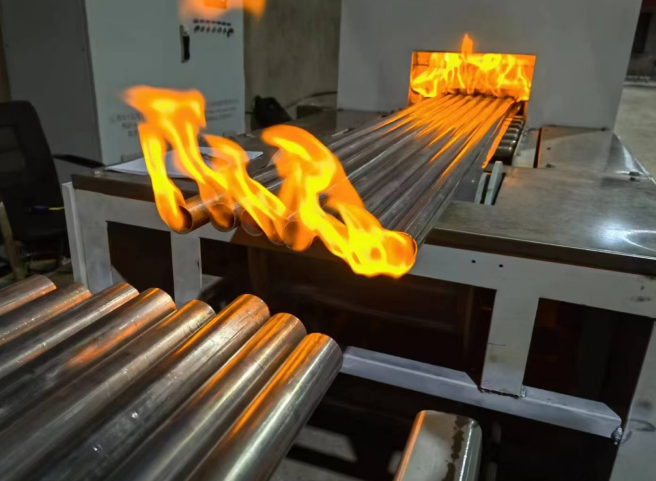-
About
-
Our Brand
-
Products
-
Community
Community
Blog
Blog
Definition, Materials, and Applications of General Structural Steel Pi…
- Writer
- STEELTOPIA
- Date
- 25-02-21
Definition, Materials, and Applications of General Structural Steel Pipe
General Structural Steel Pipe
General structural steel pipes are primarily used as structural pipes in buildings and structures. They are made of steel or various alloys and come in different shapes and sizes. These pipes are used for structural support in buildings, piping, and steel frameworks.

1. Material: They are primarily made from carbon steel, alloy steel, or stainless steel. The choice of material depends on the environment in which they will be used and the required strength.
2. Applications: These pipes are mainly used in construction for supporting columns, roof frames, and beams. They are also used in pipelines and piping systems to transport fluids such as water, gas, and steam.
3. Specifications & Sizes: They are available in various specifications and sizes to suit different construction and industrial projects. Standard specifications may vary depending on the manufacturer, region, and standardization organizations.
4. Thickness and Diameter: The thickness and diameter of the pipe are designed according to its strength requirements and intended application. Thicker pipes provide higher strength but also increase weight.
5. Manufacturing Process: Structural steel pipes are generally produced through seamless rolling processes. They undergo manufacturing methods such as cold rolling or hot rolling.
6. Coating & Plating: The surface of the pipes may be coated or plated to prevent corrosion and enhance their appearance.
General structural steel pipes are essential for providing stable support in construction and for building pipeline systems. Their strength and durability contribute to the development of reliable structures in various environments.


 HOME
HOME